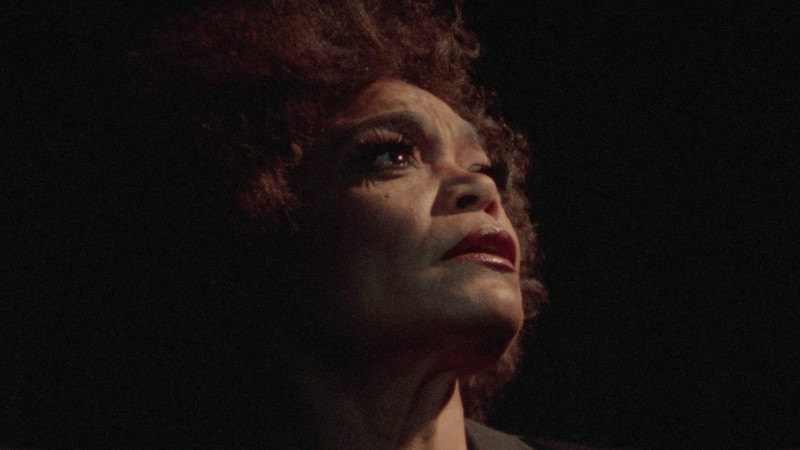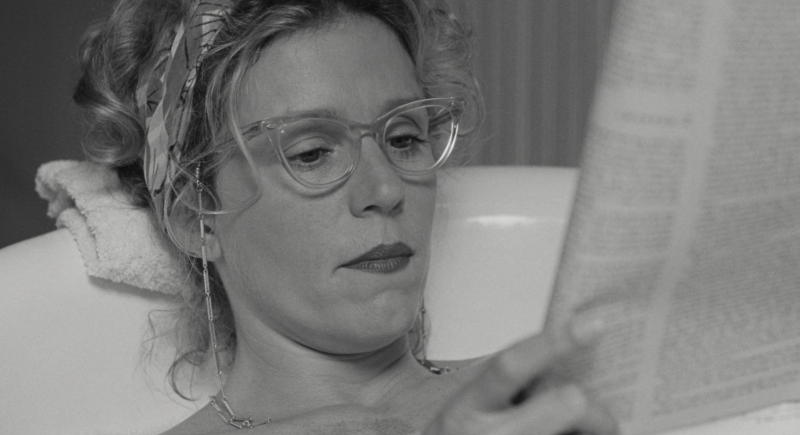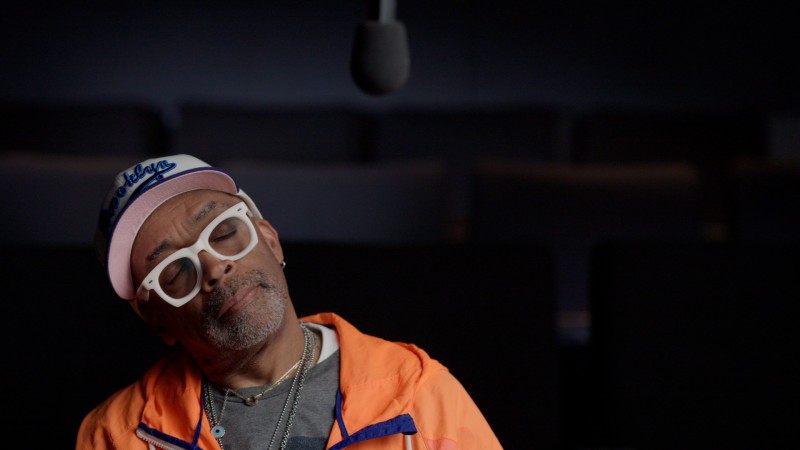Michael’s Turn: Michael Jeter in The Fisher King

The late character actor Michael Jeter had a profound effect on me as a child, but as with so many things, I didn’t realize it until I was an adult. Twenty-five years ago this month, I saw my first Tony Awards broadcast. Amid all the spectacle—ostentatious musical numbers; sternly enunciating grand dames of the thee-a-tuh (including host Kathleen Turner); Tyne Daly, then performing in a Gypsy revival—one unlikely little fellow stood out. The Tennessee-born Jeter, a scrawny five feet four, with a push-broom mustache and balding pate, brought down the house with a number from the now largely forgotten musical Grand Hotel, a pas de deux in which he left his partner, the more conventionally strapping Brent Barrett, in the dust. For “We’ll Take a Glass Together,” Jeter, playing the sickly bookkeeper Otto Kringelein, showed off his amazingly limber footwork, his legs as bendy as string cheese.
His talent was extraordinary, but what made even more of an impression on me was that he didn’t look at all like the kind of star I was used to seeing on TV and in the movies. His offbeat bearing—he was the kind of actor Hollywood once cast only as a wimp or a pansy—immediately let me perceive a difference between stage folk and the glamorous movie people I might see onstage at the Oscars, revealing the theater world as more of a refuge for the marginalized. Even to a show-tune-loving tween like me, Jeter seemed different, and his singularity became even more pronounced immediately after the performance, when he took the podium to accept the Tony for featured actor in a musical. Tiny and trembly and teary, Jeter took the opportunity to speak from the heart about his past struggles with addiction, briefly and without pretension. In other words, I was seeing something rather queer: a man comfortable in his own skin despite his differences and setbacks. This confession—a coming-out speech of sorts—was breathtaking for being so utterly unapologetic.
In his speech, Jeter, an out gay actor who would later become an outspoken, HIV-positive AIDS activist, was offering himself up with pride. A year later, I’d see him do that again, in Terry Gilliam’s whimsical 1991 hit The Fisher King. Like him, the role was small but unforgettable. As an unnamed homeless cabaret singer, he shimmies across the screen with boundless confidence, turning what might have been a grotesque, or at least merely humorous, part into something noble, even indomitable. He’s hilarious in the role, yes, but because of his strength, not his strangeness. It often gets forgotten alongside all the other bravura parts in the movie, but it’s a performance to applaud, especially during June, LGBT Pride Month. In a film unafraid of big acting, Jeter goes bigger than anyone, in a scene that’s The Fisher King’s equivalent of that Grand Hotel showstopper.
Jeff Bridges’s Jack, a former radio shock jock on a quest for personal redemption, enlists Jeter’s character to deliver a singing telegram to the workplace of Lydia (Amanda Plummer), a mousy, wary accountant adored from afar by Jack’s traumatized homeless friend, Parry (Robin Williams); the message, to be delivered with balloons and great fanfare, is that she has won a free video-store membership. It’s all an elaborate ruse to get Lydia to come to Video Spot, owned by Jack’s girlfriend, Anna (Mercedes Ruehl), so she can meet Parry. The plan allows for one of the most eccentric scenes in a film filled with flights of fancy, as well as an opportunity for Jeter to strut his stuff, displaying his Broadway-honed abilities in a perfectly inappropriate setting. Though the scene was in the script, Gilliam allowed Jeter to come up with the musical performance himself. Dressed in drag—in an outrageous tasseled red dress, blonde wig, and gold high heels, all inspired by Marlene Dietrich’s character in Destry Rides Again, according to Gilliam—Jeter bursts into the office and, after locating a suitably shocked Lydia, leaps onto a high counter and launches into a pitch-perfect medley of highlights from Gypsy’s climactic number “Rose’s Turn,” the words absurdly changed to be about video rentals. (Jeter, a friend of Stephen Sondheim’s, actually helped secure permission for use of the music—one can only imagine the composer’s bewildered delight at the version in the film.)
The humor of the scene stems from its various incongruities: a drag performer loudly impersonating Ethel Merman in a straitlaced workplace; lyrics about going to the video store (“All the movies you’ll watch for free now! Dramas, westerns, comedies, wow!”) belted out with Broadway bombast; and perhaps most hilariously jarring of all, Jeter’s bushy mustache prominently poking out from all his glittery feminine regalia. Though it’s a standout moment, it encapsulates the film’s theme of the intermingling of New York City’s usually strictly separated social strata. Just as the film hinges on an unlikely relationship between a formerly wealthy celebrity and a possibly schizophrenic homeless man, this scene is predicated on a delightful crosscultural phenomenon, in which a bustling office full of suit-and-tie midtowners stops cold for two minutes to marvel at one of the metropolis’s marginalized. They are in thrall; he’s in control.
Jeter’s character has a fleeting but undeniable power over his audience—including silent Lydia, who ends up frozen in her desk chair in a fascinating, legs-up pose that connotes both fear and arousal. Especially since Jeter was introduced earlier in the film as a sort-of damsel in distress (wailing after being minorly trampled by a horse) and the specter of AIDS is invoked through his character (“I watched all my friends die,” he tells Jack, while lying in his arms in a pietà pose at a hospital after the horse-trampling scene), his strength here is all the more stirring. His costume may strike some as foolish, but he’s nobody’s fool, sauntering off whistling after his big finish, while Lydia and her dumbstruck coworkers watch his exit. It was a tough crowd, but he prevailed, with a smile on his face and a spring in his step. His bursting-at-the-seams performance is a reminder that pride is often hard-won.




